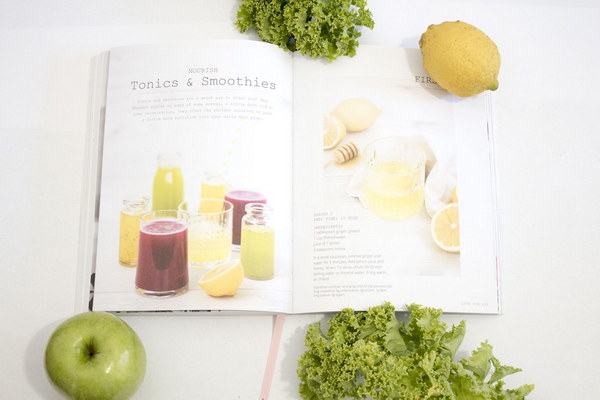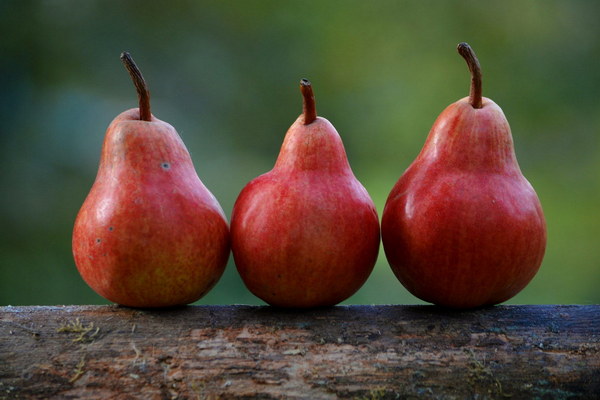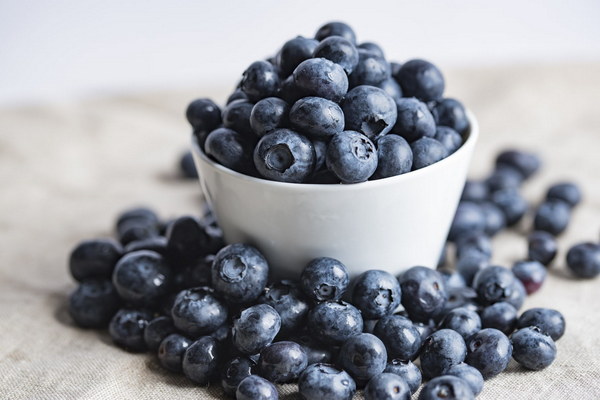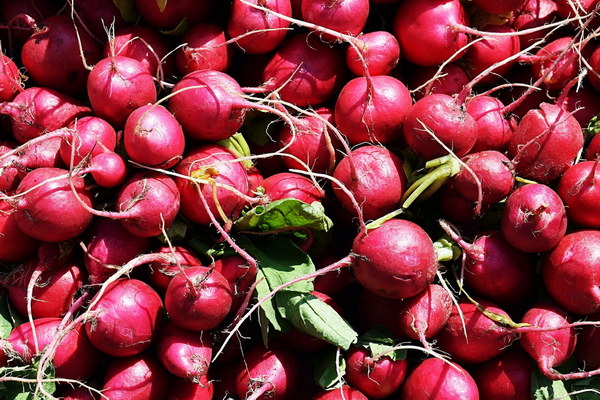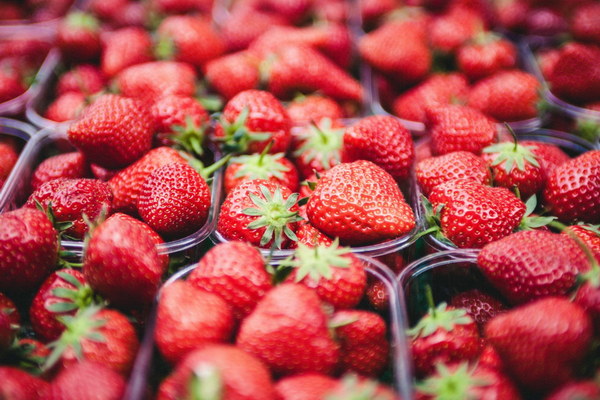Curcumin The Golden Spice That Fights Ageing
Curcumin, the vibrant yellow pigment found in turmeric, has been a staple in traditional Indian medicine for centuries. Known for its powerful anti-inflammatory properties, this golden spice has been making waves in the world of modern health and wellness. But does curcumin really have the power to combat the effects of aging? Let's dive into the science behind this age-old spice.
What is Curcumin?
Curcumin is a bioactive compound found in the roots of the turmeric plant, Curcuma longa. It belongs to the ginger family and has been used in Ayurvedic medicine to treat various ailments, including arthritis, indigestion, and liver conditions.
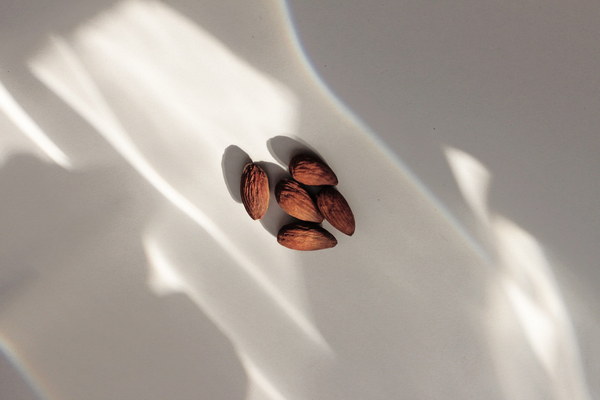
The Science of Aging
Aging is a complex process influenced by a variety of factors, including genetics, lifestyle, and environmental factors. One of the primary hallmarks of aging is oxidative stress, which occurs when free radicals (unstable molecules) damage cells and tissues. This damage can lead to inflammation, cell death, and the development of chronic diseases.
Curcumin's Anti-Aging Potential
Several studies have suggested that curcumin has the potential to combat the effects of aging by targeting various pathways involved in oxidative stress and inflammation.
1. Antioxidant Properties: Curcumin is a potent antioxidant that neutralizes free radicals, protecting cells from damage. This property may help reduce the risk of age-related diseases such as Alzheimer's and Parkinson's.
2. Anti-Inflammatory Effects: Chronic inflammation is believed to play a significant role in the aging process. Curcumin has been shown to reduce inflammation by inhibiting the activity of inflammatory enzymes and cytokines.
3. Neuroprotective Effects: Curcumin has been found to cross the blood-brain barrier, offering neuroprotective benefits. It may help prevent age-related cognitive decline and neurodegenerative diseases by reducing inflammation, improving brain function, and promoting neural growth.
4. Anticancer Properties: Aging is associated with an increased risk of cancer. Curcumin has been shown to inhibit the growth and spread of cancer cells by targeting various signaling pathways involved in cancer development.
Curcumin in Daily Life
While curcumin offers promising benefits, it's important to note that the absorption of this compound is relatively low. To maximize its benefits, consider the following tips:
1. Combine with Black Pepper: Piperine, a compound found in black pepper, enhances the absorption of curcumin. Adding a pinch of black pepper to your curcumin supplements or meals can increase its bioavailability.
2. Cook with Turmeric: Incorporating turmeric into your diet is a great way to enjoy the health benefits of curcumin. Add it to soups, stews, rice dishes, and even smoothies for a burst of flavor and color.
3. Supplement Wisely: If you choose to take curcumin supplements, look for a high-quality product with a high concentration of curcuminoids. Consult with a healthcare professional before starting any new supplement regimen.
Conclusion
Curcumin, the golden spice, shows great promise in the fight against aging. Its powerful antioxidant and anti-inflammatory properties make it a valuable addition to a healthy lifestyle. While more research is needed to fully understand its potential, incorporating turmeric into your diet and considering curcumin supplements may help you stay youthful and healthy as you age.
